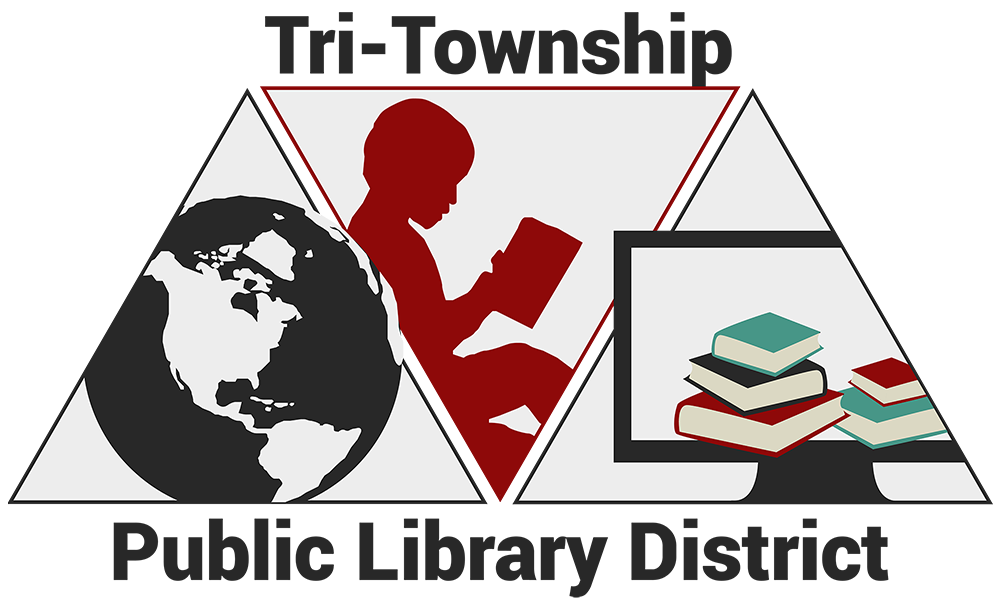HISTORY
The Tri-Township Public Library District was started by the Woman's Club of Troy in 1976. These women were dedicated to creating a library in Troy. The Library was supported entirely by donations, fundraisers, and volunteer labor for many years. Today, the Library is largely supported by tax revenues from portions of Collinsville, Jarvis, and Pin Oak townships. The library houses a collection of approximately 40,000 items.
MISSION
The Tri-Township Public Library District aims to be the heart of the community by improving and enriching the lives of its users through information, education, and recreation. It seeks to empower users by providing well-organized and up-to-date collections, access to emerging technologies, friendly service, and a well-trained staff committed to the library vision.
VISION
Building on past success, Tri-Township PLD looks forward to providing educational materials for learners of all ages and knowledge levels.
1. Build relationships with local schools in order to support curriculum and provide resources to enhance student learning.
2. Develop programs that promote a life-long love of reading and learning.
3. Respond to community needs by recognizing the needs of adult learners.
4. Continually evaluate resources to provide quality, accurate, and timely materials.
Recreational reading brings patrons to the library and exposes them to the possibilities of all the library resources.
1. Review, evaluate, and collect popular reading materials to stimulate community interest.
2. Provide reference sources to assist patrons in broadening their reading habits.
3. Collect materials in a variety of formats.
4. Recognize and promote the joy of recreational reading for everyone.
Aspire to provide state-of-the-art, cutting edge information technologies and the instruction to master them.
1. Embrace Internet technologies and digital formats of information storage.
2. Develop, collect, and maintain computer hardware to meet information technology demands.
3. Promote the use of online databases to broaden access to information for patrons.
